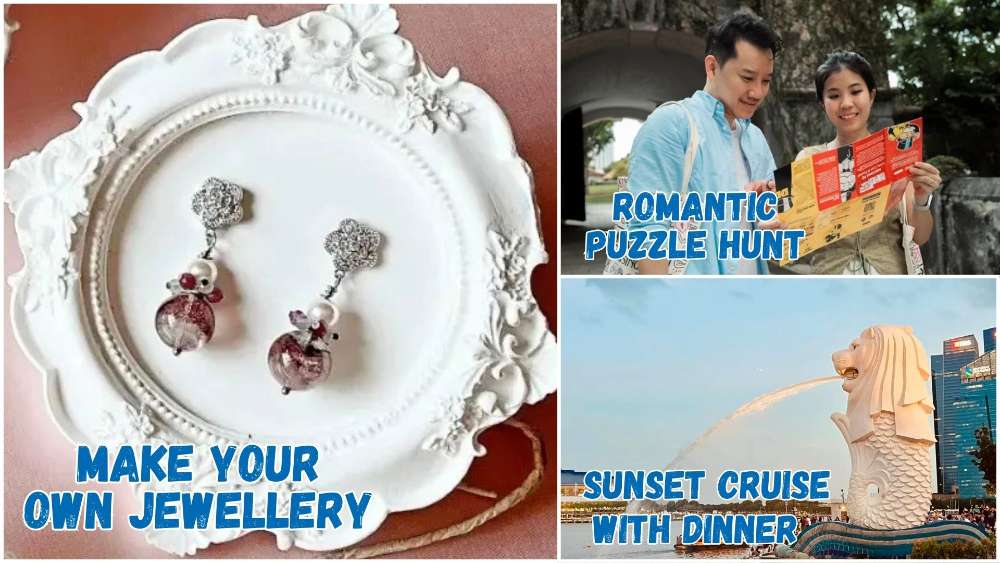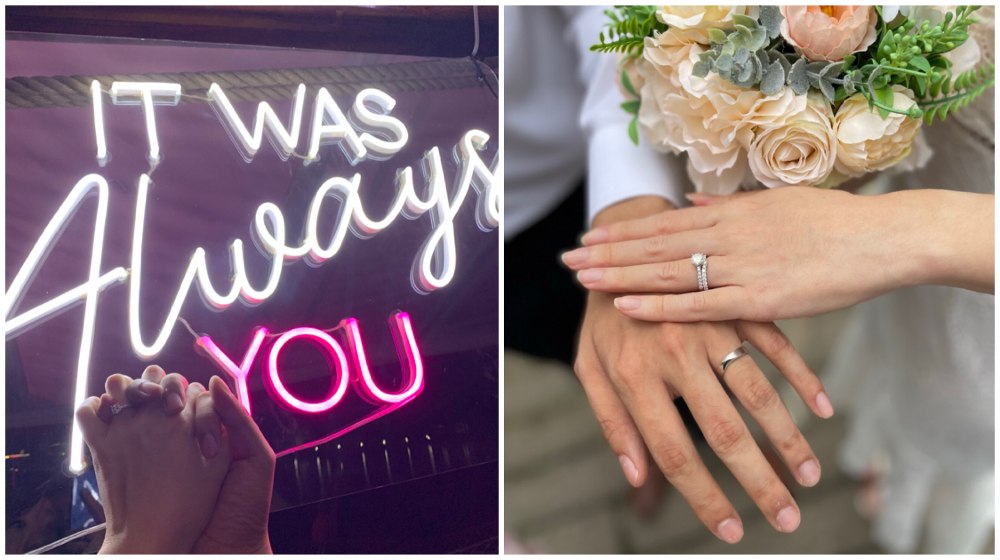Survival Guide: Dating An Extrovert When You’re An Introvert
The person you’re dating is everything you could ever ask for. There’s just one small problem: they're an extrovert and you’re not.
Of course, extroversion exists on a spectrum, but broadly they can be identified by how much they enjoy social settings or simply going out and doing something. Socialising actually uplifts their mood and could give them a bit of a high.
Introverts, meanwhile, prefer to retreat within themselves whenever possible. This is not to say that they aren’t sociable; many introverts genuinely enjoy hanging out with their friends. However, they usually have a very finite amount of energy for socialising and would require some quality alone time to recharge after each bout.
So how do you make a relationship between such contrasting personalities work? Here are some tips if you're an introvert dating an extrovert.
1. Be upfront and honest about what makes you most at ease
If you recognise that you’re an introvert, you could also probably identify certain habits or activities that you not only enjoy, but that have become necessary parts of your self-care routine, without which your emotional wellbeing may begin deteriorating.
This could include a daily wind-down routine at home reading or falling asleep while scrolling through TikTok. Otherwise, it might mean setting aside a day every week to just relax alone at home to recharge and get ready for the next work week.
Whatever it is, be upfront and honest with your partner about these ‘requirements’, and don’t be afraid that it may sound silly. Having a better idea of what makes you tick will strengthen your relationship, as its demands don’t encroach upon your time of recuperation.
2. Compromise, compromise, compromise
Like most other conflicts in relationships, compromise is always at the heart of resolving a personality difference.
Just as your partner should give you the space and alone time you need, you also need to meet him or her halfway. This means that you can’t just decline accompanying them to every social event because you just don’t feel like going. Having you there at these events is probably very important for them to feel like you’re a solid part of their life.
3. Don’t try to be something that you’re not
At the same time, don’t overcompensate for your introvertedness by trying to be an extrovert just like your partner.
Trying to fit a mold that you simply aren’t shaped to fit is not only exhausting for you, but it might even be stressful for your partner, the very person you’re trying to impress.
Making compromises to hang out with your partner in social settings that they enjoy is not equivalent to trying to be a full-out extrovert like they are. Instead, just relax, own up to your introvertedness, and work things out with them from there.
4. Try to have fun either way
Whether they're joining you in a spot of quiet alone time reading in a café, or you’re there with them at a huge chalet event with all of her friends, try your best to have fun in both situations.
The important point about compromise is that it should never make either one of you feel like you’re being forced to be there against your will, and you’d rather be somewhere else. Needless to say, the resentment will show on your face and then, soon, neither of you will be having fun.
5. Train yourself to see the advantages of being with an extrovert
As people whose spouses are a lot more extroverted than we are, we've learned to treasure the energy they bring to our relationships. Stuck in a cab with a chatty driver after a long day? Our equally chatty spouses are happy to keep the conversation going while we get a bit of shut-eye. I'm continually impressed by how my husband can make small talk with just about anyone: from hawker uncles and aunties, to our neighbours in the lift, to distant family members that we only see during festive occasions. While I don't expect him to shoulder the entire burden of socialising, I appreciate how easily he can carry the load when my battery starts draining.
6. Understand the needs of your extroverted other half (especially if you get married)
Dating an extrovert is one thing . Being married to one, as an introvert, will require you to be more, uh, selfless.
Imagine this: After spending the entire day with your colleagues, you're ready to order takeaway and veg out in front of the TV. But what if your spouse wants to talk to you? Or what if they want to talk throughout the show? Or - gasp - what if they want to invite friends over on a weeknight so everyone can eat and watch Netflix together? As tempting as it is to lock yourself in an empty room, remember that relationships are a two-way street. As gracious as they are to give you the alone time that you need, you also need to be there for them when they're dying for someone to talk to.
7. Strive to reach a sweet spot of mutual respect
It may take months or even a year or two before you and your partner are able to reach the sweet spot, but it’s definitely worth it.
The sweet spot of mutual respect is when both of you have settled into a comfortable couple routine where your lifestyles have been firmly moulded around each other. Without having to say anything, your partner knows when to leave you alone for your quiet ‘me’ time, and you know how often or to which events you should be automatically volunteering yourself to accompany her. The best sign is when both of you are absolutely happy with this arrangement, and wouldn’t have it any other way.
If your relationship is able to hit this sweet spot and sustain it over an extended period of time, you know that your personality differences are now a problem of the past and you’ve both pulled through with a stronger relationship.
For the latest updates on Wonderwall.sg, be sure to follow us on TikTok, Telegram, Instagram, and Facebook. If you have a story idea for us, email us at [email protected].











